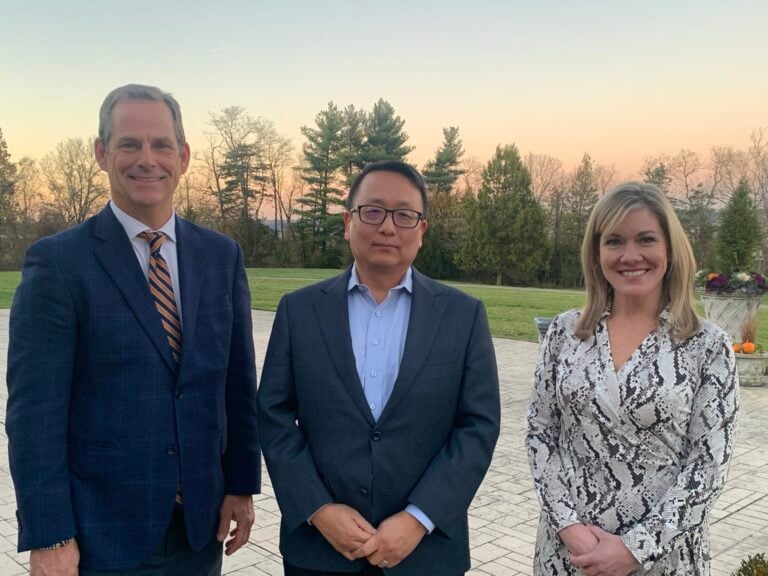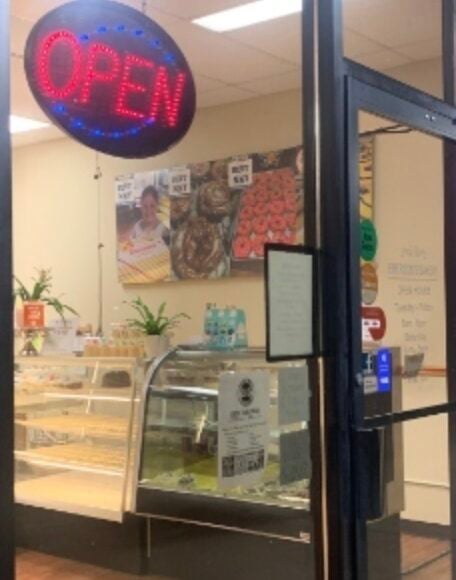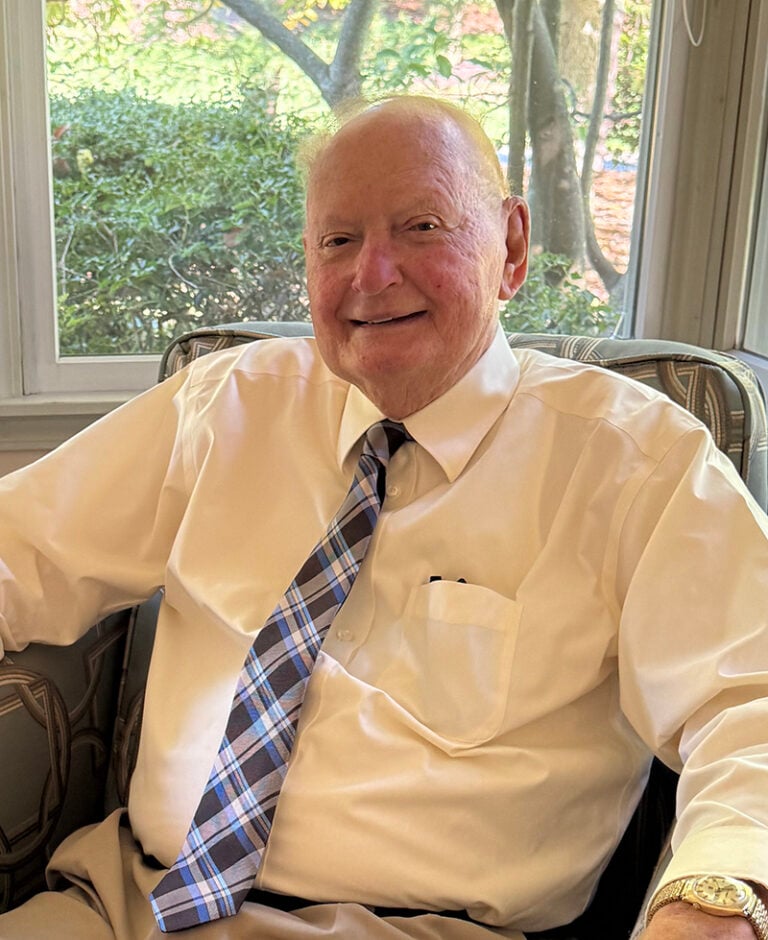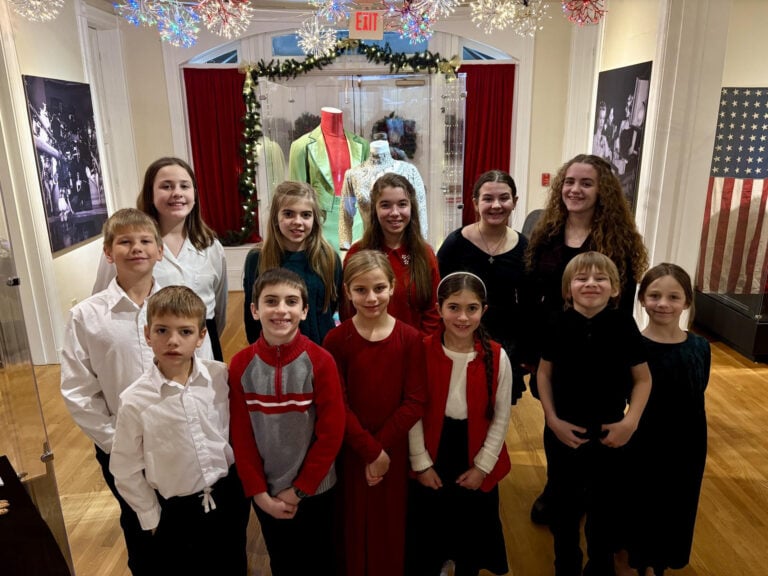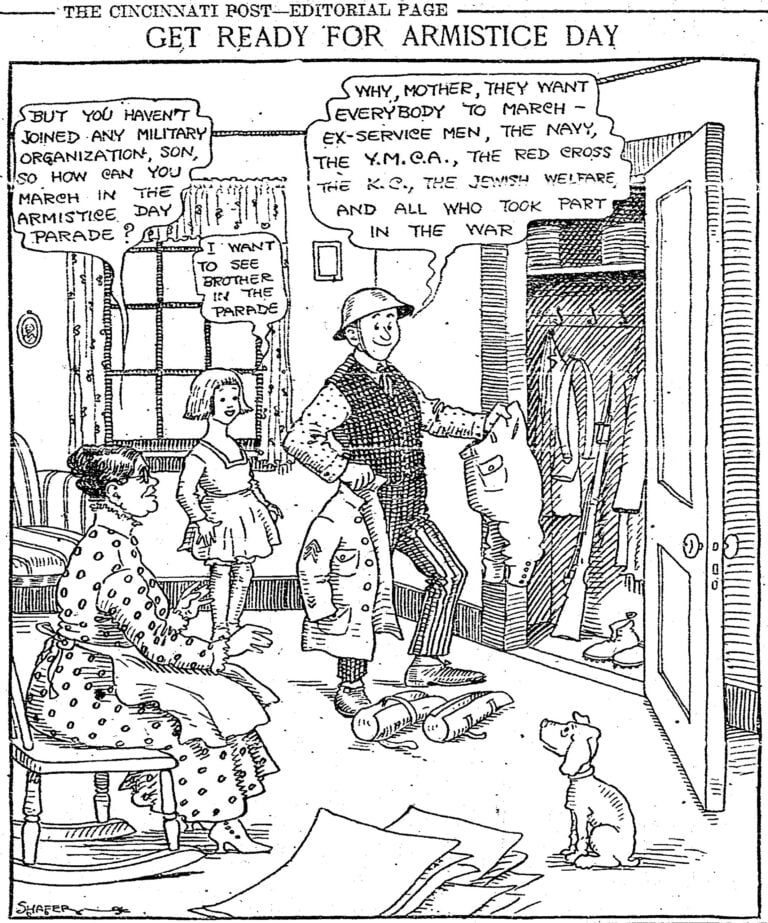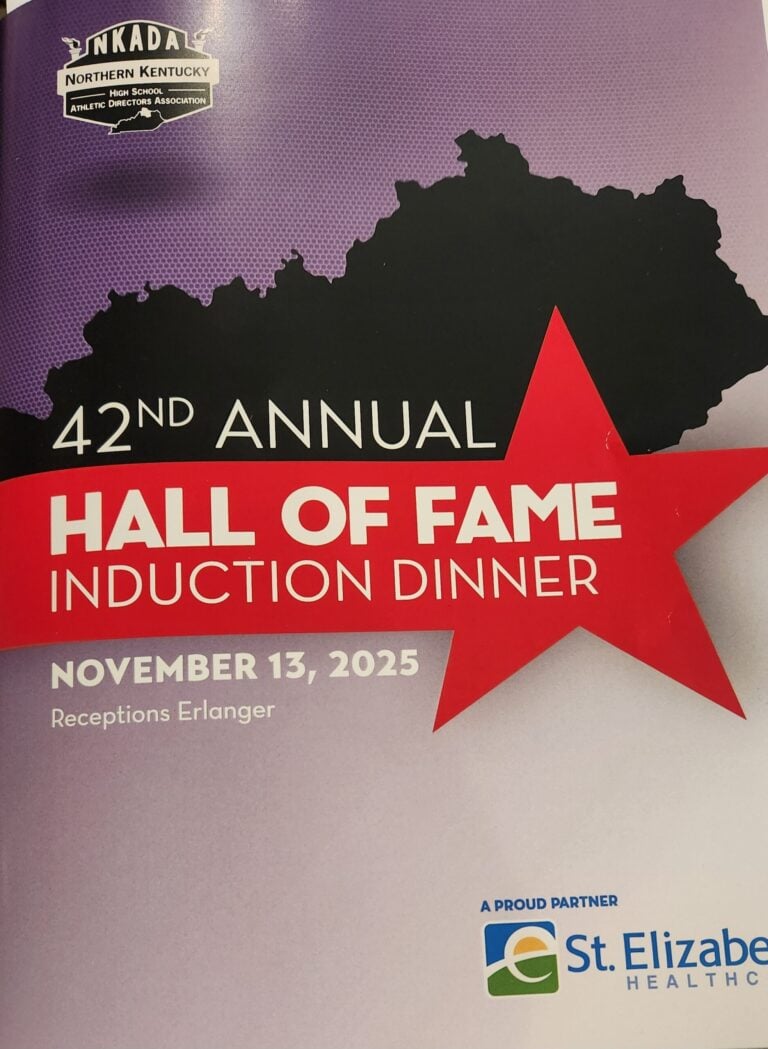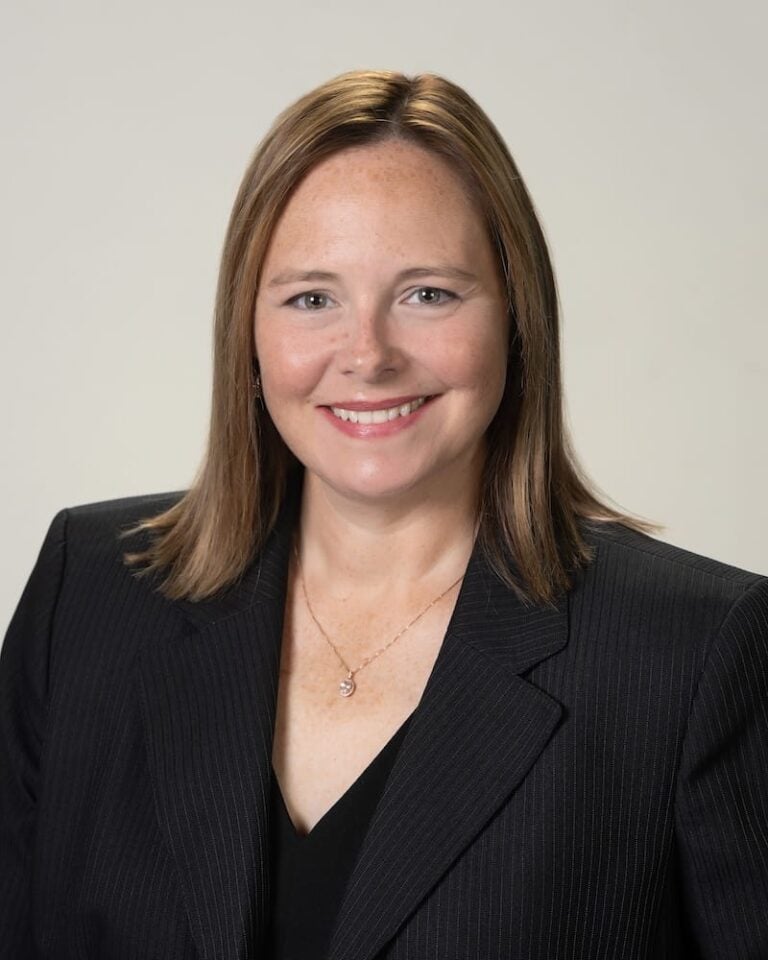By Steve Flairty
NKyTribune columnist
Like many of us, I’m probably better at giving advice than taking it. But as I’ve mentioned before in this column, my dad’s advice: “In doubt, don’t,” is something I’ll always appreciate and have tried to follow.
It makes more sense now, in my seventies, than ever before. That’s because I know well my personal values and desire to act in accordance with them. I’m sure Dad first received the advice from someone else, but good for him for sharing it!
I checked with other Kentuckians about endearing advice they’ve received — and accepted.
Down Madison County way, Darlene Snyder took some worthy advice from her mother-in-law that contributed to an exemplary marriage. Growing up, she was taught the importance of thorough kitchen cleanups after family meals. “My mom did not work outside the home and her house was always immaculate when we got up from the dinner table,” said Darlene. “We cleaned up the dishes, washed them, put them away, swept the floors.”
Darlene followed in her mother’s “clean kitchen is a necessity” footsteps after marrying the love of her life, Mike Snyder, but sometimes, she discovered quickly, Mike was anxious to go somewhere and do something with his bride as soon as the meal was eaten. “I would not go because I had the kitchen to clean.”

Fortunately, Mike’s mother soon shared some priceless wisdom with her daughter-in-law. “Those dishes will be there when you get back,’ said Mike’s mother. “Don’t give up time with Mike for cleaning. Time is too precious and too fleeting. Spend time with him.”
Darlene accepted the advice and will always be grateful.
“That’s all I needed to hear, someone giving me permission to let it go,” continued Darlene, “and she was right . . . it was all right there waiting for me when I got back. Mike is gone now, and I don’t regret one minute of leaving those dishes and that floor behind.”
My college roommate and lifetime friend, Jim Palm, is indebted to his grandmother’s words, telling him that IQ isn’t important for being a successful person, “but ‘I will’ is!’” He’s thought about it often. “I heard her saying that to me every time I was successful or saw others being successful,” Jim noted. “I still miss her when I have success in life. She passed along to me her strong work ethic for life.”
Rae King, of Lakeside Park, has internalized her mother’s encouragement to her when she was about to have her first child: “She looked at me and said: ‘If you want to, you will.’ I decided right there,” said Rae, “(that) I did not want to fear this. I apply it to all things. If I want to he happy, resentful, grateful, sad . . . then I will!”
At 79, Western Kentuckian Sandy Hart has come up with her own advice about advancing in age: “Don’t lie about it.” With that, she added: “Remember, if you don’t like getting older, there’s only one other choice!”
Marcus Lynn, my minister at First Christian Church, in Versailles, likes what he was told by a former college professor who watched Marcus speak publicly, but also saw him demure with the compliments given from the audience afterwards. The professor proclaimed, said Marcus: “You don’t need to fake humility. Just look them in the eye and say, ‘Thank you for your encouragement.’”
According to Jan Watson, a novelist from Lexington, her mother told her at ten-years-old: “If you’ve got any sense, never learn to strip tobacco or milk cows.” I’m not sure how Jan would have done as a farmer, but as a writer she has excelled, authoring the highly popular Troublesome Creek series books.
Long time mayor of Wilmore and former head of the Asbury University Equine Department, Harold Rainwater, received this “secret to success” advice from his father: “Get an alarm clock. Pack your lunch. Go to work.” It has certainly proved effective for Harold, as he is beloved in his community town for his service.
Retired Lexington minister, Jesse Baldridge, shared his mother’s words: “Every tub has to sit on its own bottom.” I’m guessing the meaning had to do with taking personal responsibility for one’s actions. But just a guess. It seems to have stuck with Jesse.
Mike Dulin, who grew up in Winchester, recalls what his grandmother, aka, “Memaw,” said about dollars. “The more you have, the more you worry to lose it. Be happy and grateful for the moment and things you have today.”
Nancy Kemper learned somewhere that it is best “to think all you say but don’t say all you think.”
Fredrick Stone likes one he heard about personal introspection: “Reformers are needed. Not of others, but of ourselves.”
And for us who let things bother us too much, Judy Bewley was told and appreciates that “worry never robs tomorrow of its sorrow. It only saps today of its strength.” Along with that sentiment, Missy Floyd learned not to “borrow trouble,” and Julie Sloan figures her best received advice is to ask oneself “Why do you care what some stranger thinks about you? Who are they?”
A Frankfort writer friend related the valuable direction she received at a difficult time in her life. “Our son was in a near fatal accident when he was thirteen years old. I’ll never forget his surgeon’s advice as we anxiously watched and waited for our son to open his eyes,” Jan Schiffer explained. “He said ‘In my profession, I’ve learned good things happen slowly and bad things occur quickly. It’s best to remain optimistic and patient.’ It helped then, and it rings true.”
Dave Robertson’s father taught him a few life metaphors on the golf course, where Dave could hit longer drives but generally lost to his dad anyway. One was: “It’s not how far you hit the ball, it’s how close.” The other was a bit cutesy with the words: “You won’t stop playing someday because you’ve grown old. You’ll grow old someday because you’ve stopped playing.”
Glenda Blevins, of Prospect, has held onto her dad’s important advice: “Remember, your word is your bond.” Someone told Bill McCann this gem and he’s held it close: “Don’t put yourself down; lots of people are vying for that job. No need to give them ideas.”
And I’ll close with Freda Demarest’s favorite advice given her: “Always be able to change . . . for everything changes.”
What’s your best advice?











